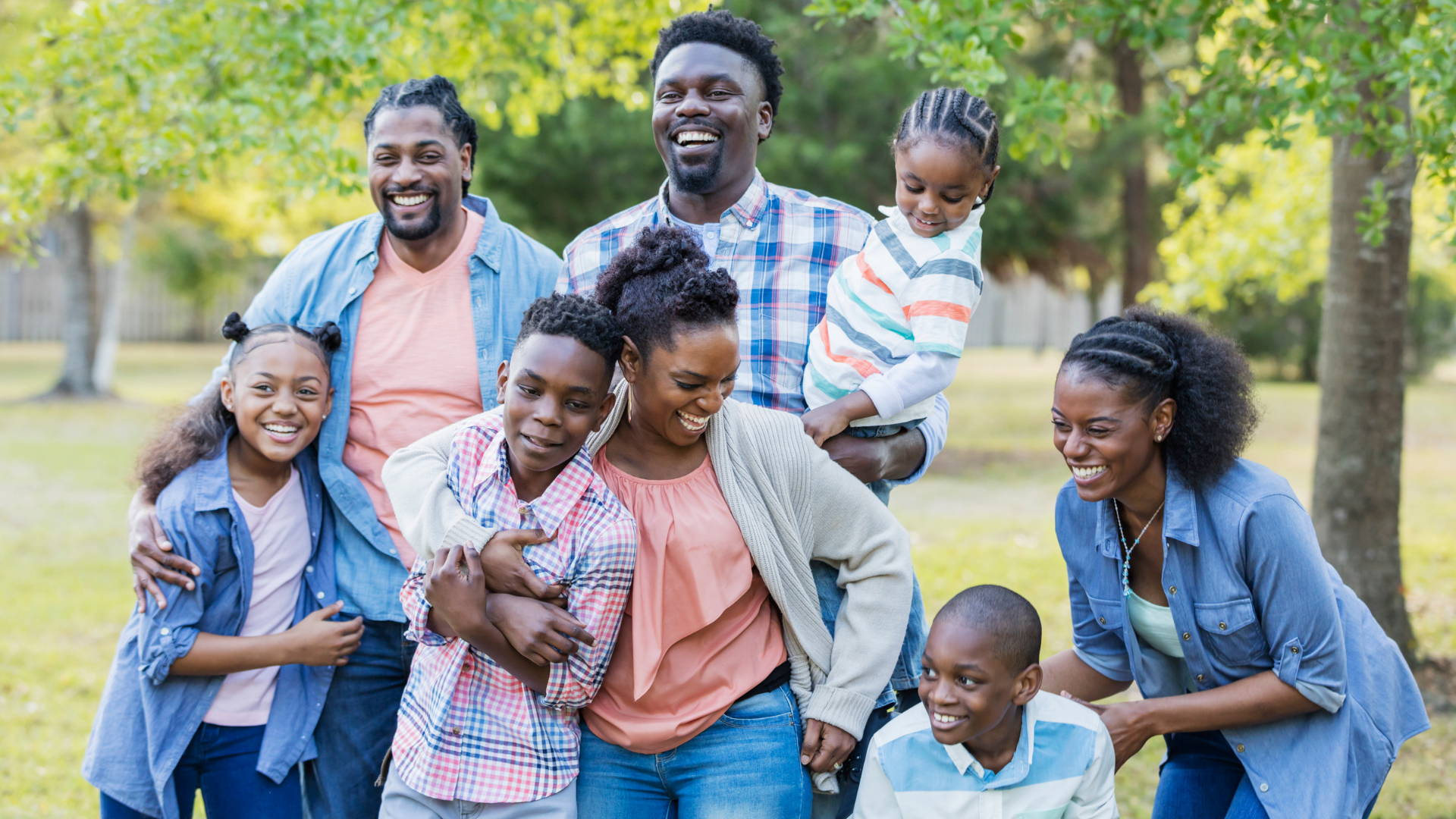If you are in distress, you can call or text 988 at any time. If it is an emergency, call 9-1-1 or go to your local emergency department.
- Reports, Research
Amplifying Black Experiences in Cannabis and Mental Health Research: Virtual Dialogue Series
After Health Canada provided funding to the Mental Health Commission of Canada (MHCC) in 2018 to explore the relationship between cannabis and mental health, one of the first steps was to conduct an environmental scan and scoping review. That review revealed a need to engage a broader range of communities in research, including those consisting of immigrant, refugee, ethnocultural, and racialized; First Nations, Inuit, and Métis; and 2SLGBTQ+ people. Subsequently, the MHCC invested in 40 research projects that explore the relationship between cannabis and mental health with a focus on priority populations. To inform these investments and guide future research, the MHCC reached out to several communities. The Virtual Dialogue Series summarized in this report focused specifically on the experience and perspectives of Black communities. It engaged about 50 individuals, including researchers, service providers, and people with lived experience in open discussions about where and why research gaps exist, what the barriers might be, and which high-priority topics should be pursued. The dialogues took a distinctions-based approach, recognizing that, while various communities may have similar experiences that overlap, all have their own unique needs. The three virtual dialogues were held between December 2020 and April 2021. Using a roundtable format, participants responded to questions the MHCC prepared. Dr. Akwasi Owusu-Bempah from the University of Toronto’s department of sociology moderated the discussions. In a hurry? Check out the key takeaways.This resource was published in 2022. The data may be out of date.
- Reports, Research
Amplifying Black Experiences in Cannabis and Mental Health Research: Virtual Dialogue Series
Amplifying Black Experiences in Cannabis and Mental Health Research: Virtual Dialogue Series
- Cannabis, Diversity, Mental Health and Substance Use
After Health Canada provided funding to the Mental Health Commission of Canada (MHCC) in 2018 to explore the relationship between cannabis and mental health, one of the first steps was to conduct an environmental scan and scoping review. That review revealed a need to engage a broader range of communities in research, including those consisting of immigrant, refugee, ethnocultural, and racialized; First Nations, Inuit, and Métis; and 2SLGBTQ+ people. Subsequently, the MHCC invested in 40 research projects that explore the relationship between cannabis and mental health with a focus on priority populations. To inform these investments and guide future research, the MHCC reached out to several communities. The Virtual Dialogue Series summarized in this report focused specifically on the experience and perspectives of Black communities. It engaged about 50 individuals, including researchers, service providers, and people with lived experience in open discussions about where and why research gaps exist, what the barriers might be, and which high-priority topics should be pursued. The dialogues took a distinctions-based approach, recognizing that, while various communities may have similar experiences that overlap, all have their own unique needs. The three virtual dialogues were held between December 2020 and April 2021. Using a roundtable format, participants responded to questions the MHCC prepared. Dr. Akwasi Owusu-Bempah from the University of Toronto’s department of sociology moderated the discussions. In a hurry? Check out the key takeaways.
This resource was published in 2022. The data may be out of date.
SHARE THIS PAGE
RELATED

Review our Assessment Framework for Mental Health Apps — a national framework containing key standards for safe, quality, and effective mental health apps in Canada.

To help expand the use of e-mental health services, we developed four online learning modules based on our Toolkit for E-Mental Health Implementation, in collaboration with the Centre for Addiction and Mental Health (CAMH).

Stepped Care 2.0© (SC2.0) is a transformative model for organizing and delivering evidence-informed mental health and substance use services.

